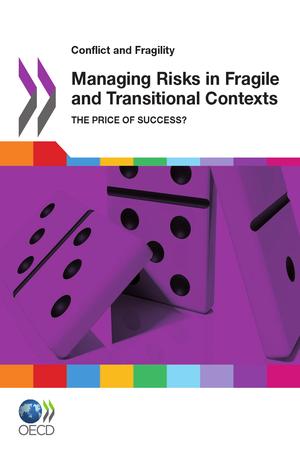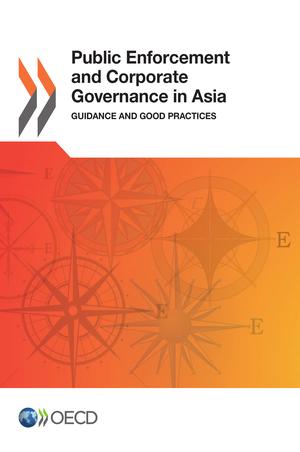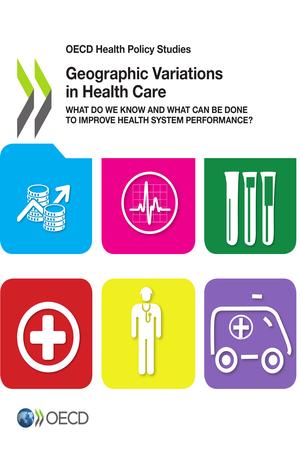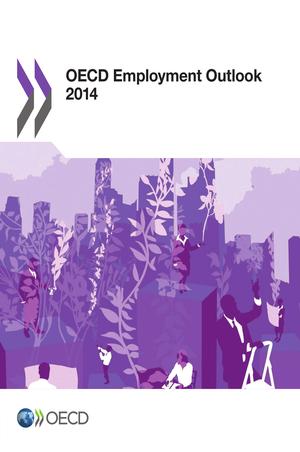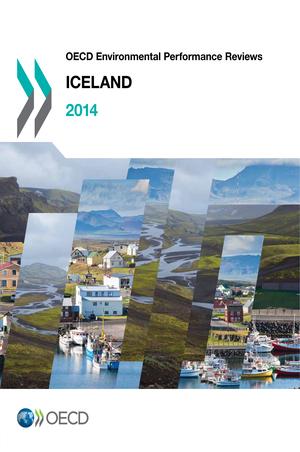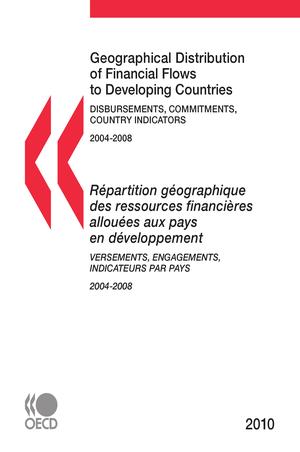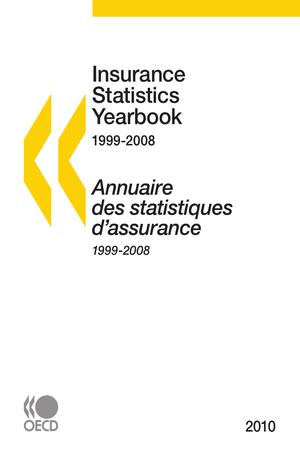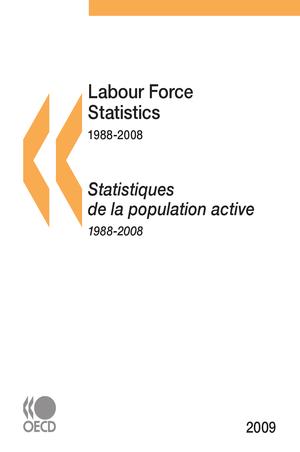From the anarchy of Somalia to the relative stability of Nepal, fragile and transitional situations represent a broad spectrum of contexts. However, they share some common features: these are risky environments – for the people who live there, for their governments, for neighbouring countries, and for those who seek to provide assistance. Positive outcomes are hard to achieve and the risk of regression in countries emerging from armed conflict is high.
International engagement in these situations presents significant risks for donors and implementing partners, but also holds the potential for substantial rewards in terms of improved results and outcomes. Indeed, more often than not, the risks associated with not engaging in these contexts – both for the countries themselves and for the international community – outweigh most of the risks of engaging in the first place. The question therefore is not whether to engage but how to engage in ways that are context-specific and do not come at an unacceptable cost.
This publication provides the evidence to help donors understand how to balance risks and opportunities in order to protect the integrity of their institutions while delivering better results to those who need it most.
